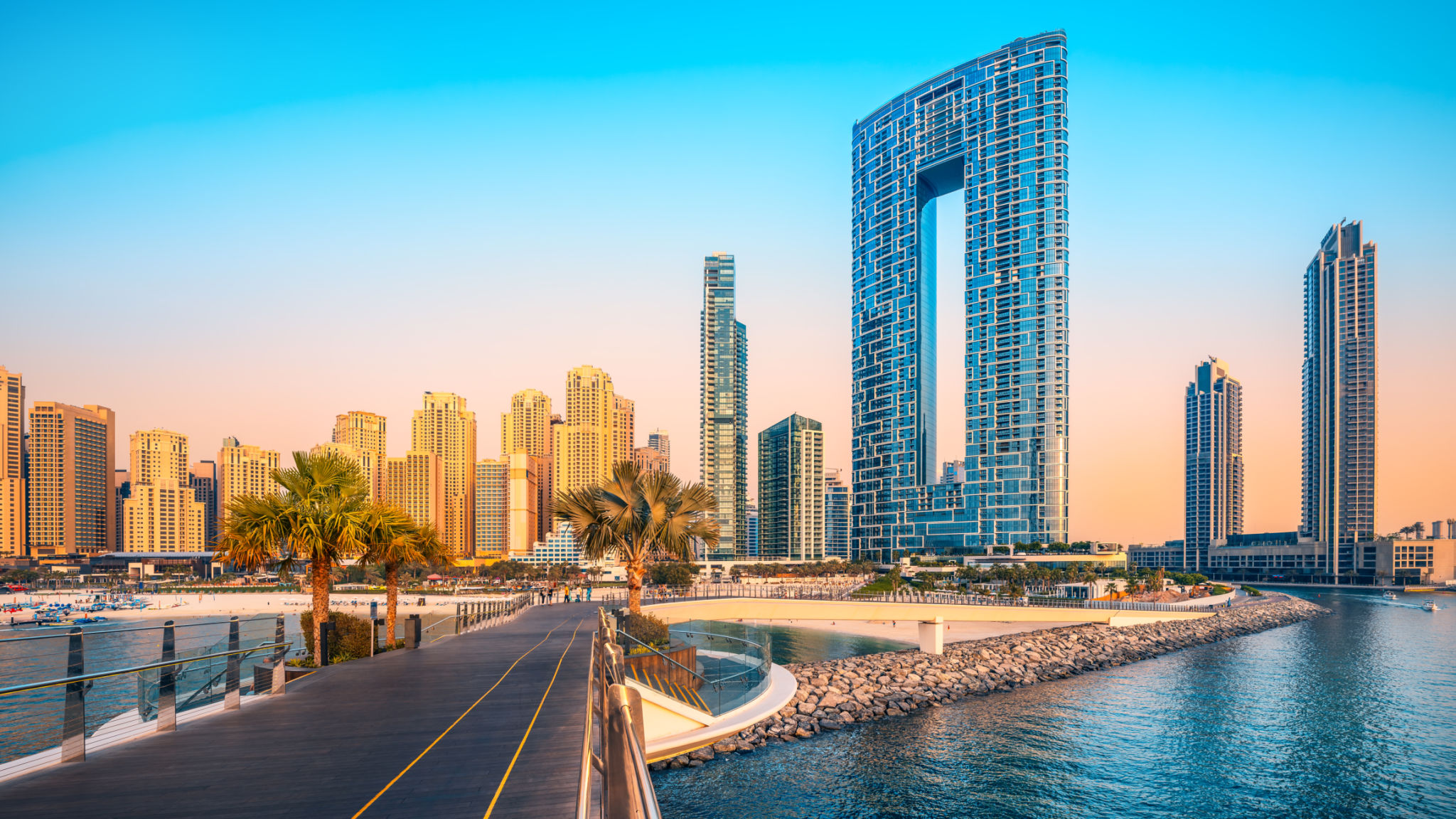Navigating Legal Requirements for Buying Property in Dubai from Australia
Understanding the Basics of Property Ownership in Dubai
Dubai has become a popular destination for real estate investment, attracting buyers from all over the world, including Australia. Before diving into the property market, it's essential to understand the basic legal requirements and processes involved in property ownership in Dubai. The city offers freehold ownership to foreigners in designated areas, allowing investors to own property outright.
Freehold areas are specifically designated by the government and include popular locations such as Dubai Marina, Downtown Dubai, and Palm Jumeirah. Within these areas, international buyers can own, sell, lease, or rent their properties. Understanding the distinction between freehold and leasehold properties is crucial as it impacts ownership rights and obligations.

Legal Requirements for Foreign Buyers
For Australians looking to purchase property in Dubai, there are specific legal requirements that must be met. Firstly, ensuring your eligibility to buy property in freehold areas is crucial. The Dubai Land Department (DLD) regulates property transactions and ensures compliance with legal standards.
Buyers must also obtain a No Objection Certificate (NOC) from the developer. This document confirms that the developer has no objections to the sale of the property. Additionally, it is vital to verify that the seller has cleared all financial obligations related to the property, such as service charges and utility bills.
The Role of Real Estate Agents
Engaging a reputable real estate agent can significantly simplify the property buying process. Licensed agents are familiar with the market dynamics and can provide valuable insights and guidance. They assist in finding properties that match your preferences and budget while ensuring compliance with local laws.

Financial Considerations and Mortgages
Financing your property purchase requires careful planning and consideration of available options. While cash purchases are straightforward, many buyers opt for financing through local or international banks. Mortgage options are available for non-residents, but they often come with specific terms and conditions.
Australian buyers should be aware of potential currency fluctuations that could impact mortgage repayments. Consulting with financial advisors or mortgage brokers can help you navigate these complexities and choose the best financing option for your needs.
Understanding Fees and Taxes
When buying property in Dubai, several fees and taxes need to be considered. One of the primary costs is the DLD transfer fee, which is typically 4% of the property price. Additionally, there are registration fees, real estate agent commissions, and maintenance fees applicable to specific properties.

Finalizing the Purchase
Once you have completed due diligence and secured financing, it's time to finalize the purchase. The buyer and seller must sign a Sale and Purchase Agreement (SPA), outlining all terms and conditions of the transaction. This agreement is legally binding and serves as a crucial document in the property transfer process.
The final step involves registering the property with the DLD, after which you will receive a title deed confirming your ownership. This process ensures that your rights as a property owner are protected under Dubai law.
Conclusion: Navigating the Market Successfully
Buying property in Dubai from Australia requires careful navigation of legal requirements and financial considerations. By understanding the process, engaging professional assistance, and being aware of potential challenges, you can make informed decisions and secure a valuable investment in one of the world's most dynamic real estate markets.
